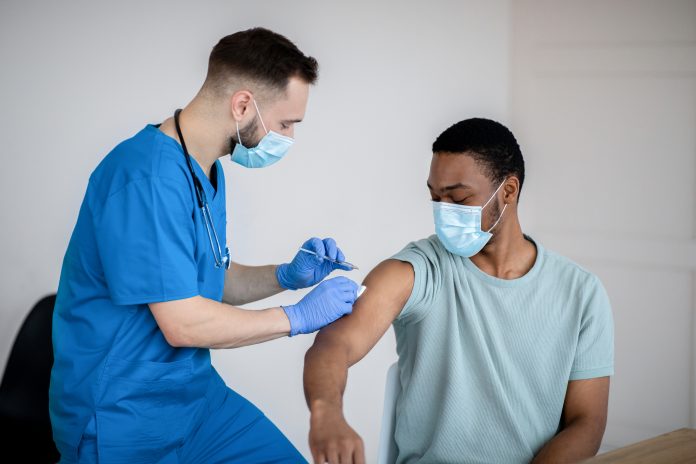New research finds that COVID vaccines work for 90% of people who are currently immunosuppressed due to their medication
While individuals who are naturally immunocompromised have been found to be receptive to COVID vaccines, those who are immunosuppressed due to taking medication are a relatively unknown entity.
In a new study, Washington University School of Medicine researchers found that 90% of immunosuppressed people created antibodies in response to COVID vaccination. However, they had a less strong response than people with fully-functioning immune systems, at about a third of the expected response.
Recently, The Centers for Disease Control and Prevention (CDC) suggested that people taking immunosuppressants should get a third dose of the vaccine – to top up their immune response.
Immunosuppressed people “worried” about disease flare-ups
“Some of our patients have been hesitant about getting vaccinated, which is unfortunate because they are at increased risk of having more severe cases of COVID-19 if they happen to get infected, compared to those not taking immune suppressing drugs,” said co-senior author Alfred Kim, MD, PhD, an assistant professor of medicine who treats patients with autoimmune conditions at Barnes-Jewish Hospital.
“Some of them are worried that vaccination might cause their disease to flare, but we haven’t seen that happen. Others don’t see the point of vaccination, because they think the drugs they’re taking to treat their autoimmune condition will prevent them from producing an immune response to the vaccine. What we found here is that the vast majority of immunocompromised patients with autoimmune diseases are able to mount antibody responses following COVID-19 vaccination.
“There’s clearly a benefit for this population.”
Blood samples used to establish antibody levels
Participants provided blood samples within two weeks before receiving the first dose of the Pfizer or Moderna vaccine and within three weeks after receiving the second dose.
The researchers measured each participants’ antibody levels and counted the number of antibody-producing cells in their blood samples. All patients stayed on their prescribed drug regimens, except for three whose medications were paused within one week of immunisation.
All healthy participants and 88.7% of the immunosuppressed participants produced antibodies against the virus that causes COVID-19. However, antibody levels and the number of antibody-producing cells in the immunosuppressed group were one-third as high as those in the healthy group.











